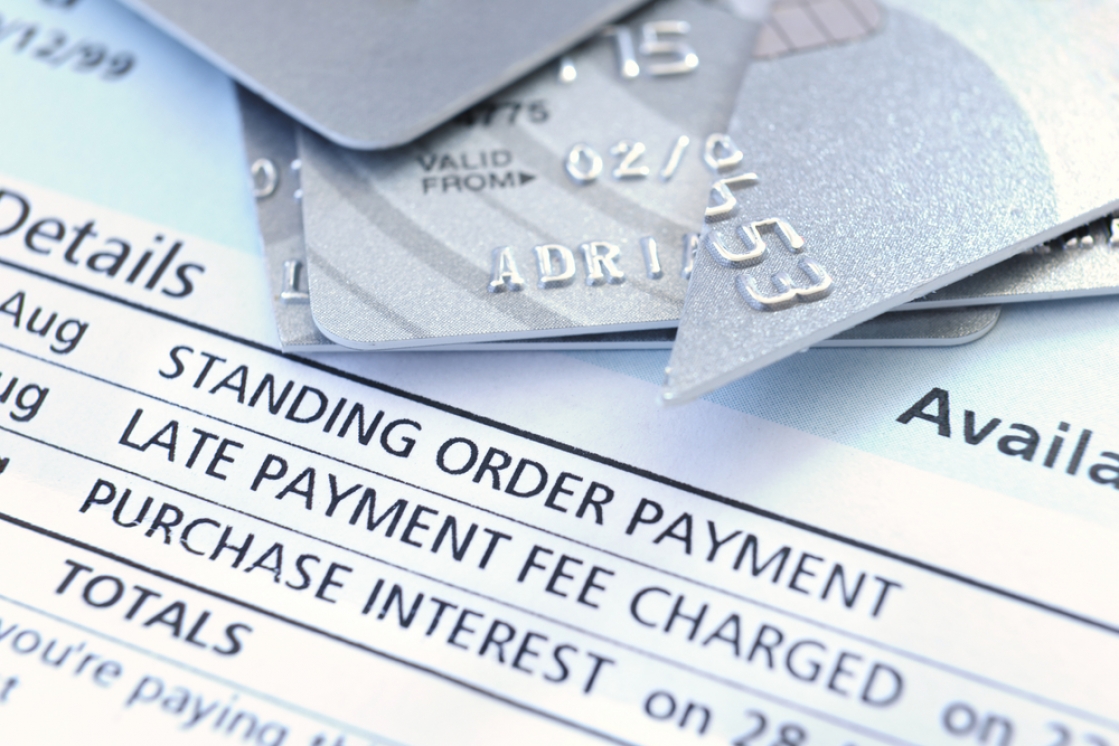Demystifying defaults: answers to 5 FAQs

If you have never had a default (or even if you have), you might not be aware that it could have a big impact on your credit future.
A payment default can end up as a black mark on your credit history, even preventing you from securing credit - anything from getting a home loan to setting up an account with a power company.
But despite the wide spread risk of default in Australia, many people still don't fully understand what a default is and, more importantly, how it can impact your credit reputation.
We think it's time for that to change. To help clear some of the confusion around defaults, we’ve compiled answers to a few common questions.
What exactly is a default?
A payment default is basically an overdue debt that has not been addressed. When there is a payment default it may result in this being listed as a ‘default’.
Defaults are listed by credit providers with credit reporting bodies like Equifax, and include the amount you owe, any accrued interest or fees, minus additional payments you have made.
There are two categories of defaults: consumer and commercial; with slightly different criteria.
Consumer defaults are debts of $150 or higher, that are more than 60 days overdue. Common examples of consumer defaults include telephone and power bills.
For commercial credit, a default can be any amount above $100.
Credit providers may impose significant fees when a consumer has a payment default, including default interest, overdue fees and enforcement expenses. For example, they may charge up to twice the amount borrowed if there is a payment default for a small amount loan. You should check your credit contract to find out what fees may apply if you have a payment default.

How do you know if you have a default?
Before a credit provider can report a consumer default, they must send at least two written notices to your last known address.
The first notice can be sent as soon as a payment is overdue, and must request that you pay the debt.
The second must be sent a minimum of 30 days after the first, and notifies you that the debt may be reported to a credit reporting body, like Equifax.
After a minimum of 14 days after this second notice, the creditor can inform a credit reporting body.
Tip: Defaults can be recorded for debts in your name that you may not have applied for yourself, for example, in cases of fraud or legitimately as a guarantor to someone else’s credit. If someone has incurred a default in your name, and you suspect that this is not legitimate, you may need to correct your credit report. Under the Privacy Act 1988 (Cth), you can have this investigated free of charge and amended if the information is incorrect. Find out about the free credit repair service from Equifax.
How does a default impact your credit rating?
When a default is recorded on your credit report, it remains there for five years.
During those five years, potential lenders may look unfavourably on your credit application, as the default indicates you have failed to pay off a debt in the past.
What if you have paid off the debt?
Unfortunately, paying off a default after it is listed on your credit report does not negate the fact that it was an overdue debt in the first place.
The status of your default will be updated to paid, which can work in your favour - however, the default will still remain.
The best way to make sure a default doesn’t find its way onto your credit report is to pay off the debt as soon as you receive a written notice from the credit provider.
Even though defaults can stem from small amounts, the impact they have on your financial future can be severe. To help stay in the clear, always keep your contact details up to date with credit providers, and ensure all elements of your credit report are correct.

What if you find an error on your credit report?
It’s important to make sure your credit profile is accurate and up to date.
If you find a mistake on your credit report, you can contact the relevant credit provider or credit reporting body to request it be investigated and your credit report amended – at no cost to you.
Our top 5 tips to help avoid a default
- Pay your bills on time – set up direct debits or schedule repayments for pay day.
- Keep track of your credit commitments – do your research before you apply and only apply for credit when you really need it.
- Make sure your contact details are always up to date with your credit providers – it’s easy to forget to update your address and phone numbers when these change.
- Contact your credit provider if you are struggling to make repayments – advise your credit provider you’d like to apply for a “hardship variation”.
- Get a copy of your credit report and score from Equifax. Don’t be scared to find out what’s on it - it ultimately could save you money.
Things to do next:
- Get a copy of your free credit report
- Get your Equifax Score with an Equifax annual subscription plan
- Sign up to an annual subscription plan with alerts to changes on your credit file
- Discover more tips to manage your credit reputation
